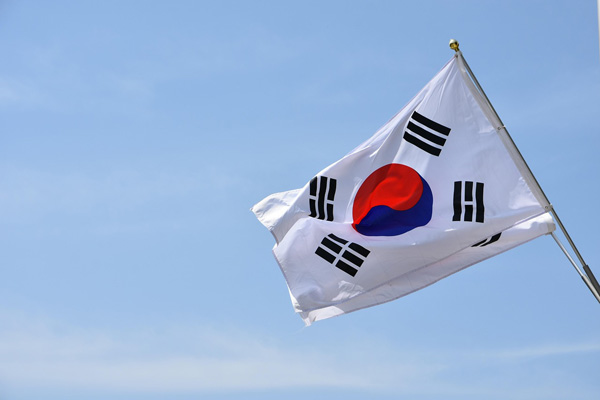President Yoon’s removal signals a new era for Korean democracy

[A South Korean flag. Photo Credit to Pixabay]
In a historic decision on April 3, 2025, South Korea’s Constitutional Court unanimously removed President Yoon Suk-yeol from office, citing his unconstitutional declaration of martial law in December 2024.
This verdict, delivered by Acting Chief Justice Moon Hyung-bae, marks the first time a sitting South Korean president has been dismissed for attempting to deploy military power to resolve political impasse.
This historic judgment highlights the enduring strength and resilience of the nation’s democracy.
At the heart of the court’s decision was President Yoon’s invocation of martial law, a move he justified by citing legislative deadlock and political unrest.
However, the court found that his claims were without merit and failed to meet the constitutional thresholds required for such a drastic measure.
According to the Constitution and the Martial Law Act, martial law can only be declared in extreme circumstances such as the event of war, rebellion, or national disorder so severe that civil governance becomes inoperable.
The court concluded that none of these conditions were present at the time of Yoon’s declaration.
In fact, the opposition-controlled National Assembly was actively engaged in policy and budget discussions with no signs of violence or administrative collapse.
The court strongly criticized Yoon for circumventing key constitutional procedures.
He did not adequately consult the State Council, excluded critical cabinet members including the Prime Minister, and failed to notify the National Assembly promptly, all of which are required under law.
Most importantly, Yoon ordered military and police forces to interfere with the operations of the legislature — an action deemed a direct threat to the separation of powers and a violation of democratic principles.
Yoon’s legal team argued that the declaration was merely symbolic, intended as a political signal.
The court rejected this defense outright, stating the martial law is a constitutional mechanism designed for emergency governance, not a rhetorical device.
“Given the negative impact on constitutional order caused by the defendant’s violation of laws and its ripple effects are grave,” Acting Chief Justice Moon stated, “we find that the benefits of upholding the constitution by dismissing the defendant far outweigh the national losses from the dismissal of the president.”
This ruling serves as a powerful affirmation that South Korea’s democratic institutions are capable of holding even the highest office accountable.
The verdict carries substantial civic meaning beyond the courtroom.
It represents a moment of national reflection — a reminder that democracy relies not only on robust institutions, but also on an informed and engaged public.
The ruling stands as both a legal document and a civic lesson, illustrating the importance of checks and balances, the rule of law, and the duty of leaders to uphold democratic norms.
The impeachment of President Yoon Suk-yeol will be remembered as a defining chapter in South Korea’s democratic evolution.
It will be commemorated not as a fall from power, but as a triumph of constitutional order and civic integrity.
It will be memorialized as a great pivot in focus – from governmental disorder to a new chapter in the Republic of Korea.

- Joseph Shin / Grade 11 Session 9
- Valley Christian High School

![THE HERALD STUDENT REPORTERS [US]](/assets/images/logo_student_us.png)
![THE HERALD STUDENT REPORTERS [Canada]](/assets/images/logo_student_ca.png)
